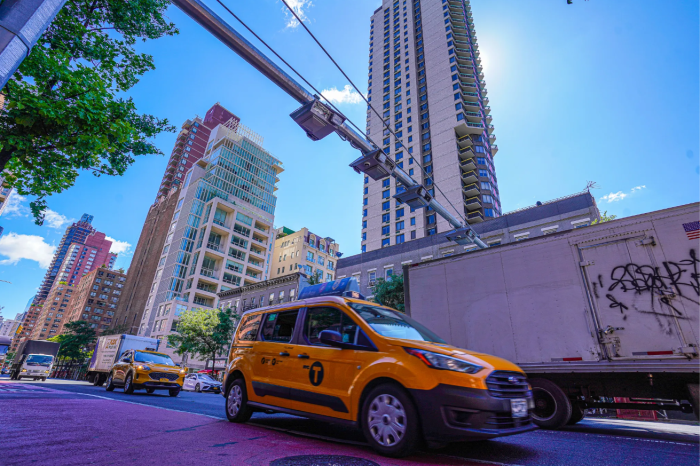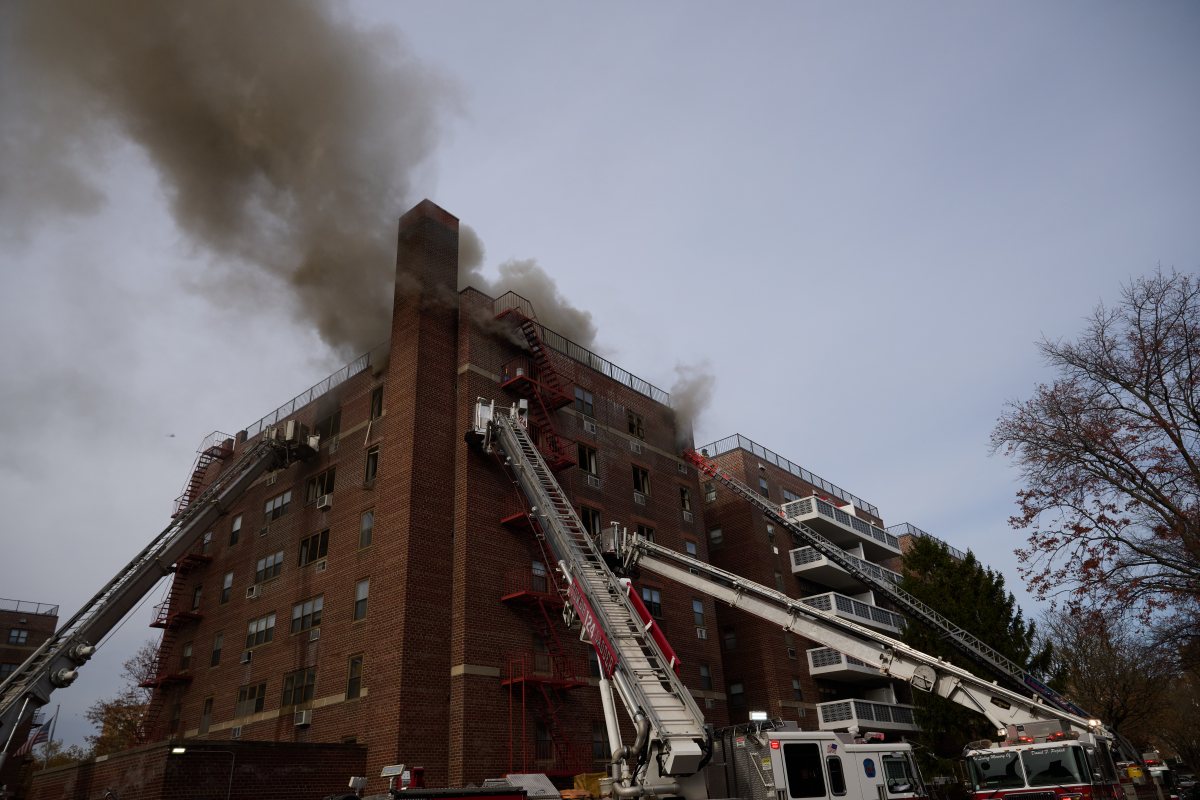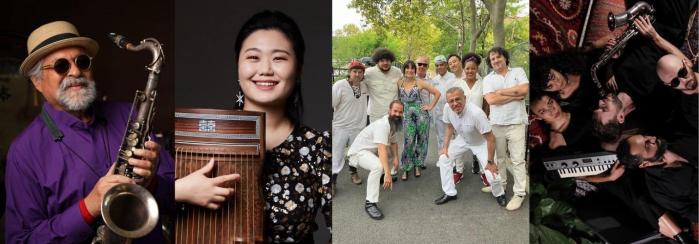
A judge in State Supreme Court on Tuesday lambasted the MTA’s poor wheelchair access in subways.
During a hearing in a case arguing that the authority’s subway inaccessibility violates the city’s Human Rights Law, Judge Shlomo Hagler said the MTA wasn’t doing enough to install elevators at its 472 city subway stations. Only about a quarter of stations are wheelchair accessible, and it’s time the MTA put “the money where their mouths are” to fund more elevator installations, Judge Hagler said.
“It’s one thing to state with mere words that [accessibility] is important. It’s another to take action,” Judge Hagler said, adding: "It’s just plain not fair."
It was the first hearing in more than a month in a case that a host of disability advocacy groups brought against the city and the MTA in 2017. The lawsuit is one of four ongoing in state and federal courts challenging the MTA’s subway accessibility record.
Judge Hagler at first hoped that the two parties would be able to reach a settlement, but his comments Tuesday reflect that, after roughly a year of discussions, the groups have reached an impasse. Throughout the negotiations, the plaintiffs attempted to get the MTA to enter into a legally binding commitment to carry out the accessibility proposals in NYC Transit President Andy Byford’s Fast Forward plan, according to Joe Rappaport, the executive director for one of the plaintiffs in the lawsuit, the Brooklyn Center for Independence of the Disabled.
The plan, unveiled last May as a 10-year blueprint to modernize city transit, includes a proposal to install elevators at 50 stations over the next five years so that no commuter is more than two stations away from a wheelchair-accessible station. It calls for greater subway accessibility over the next five years of the plan.
“Our concern is that [the MTA] made a commitment,” Rappaport said, “And now that they have congestion pricing in place, now that they have other taxes in place for the capital program, they can no longer claim that they don’t have the money.”
Those new revenue streams secured in the state budget are expected to bring in about $25 billion for the MTA’s next capital plan, through which new elevator installations and other Fast Forward initiatives would be funded. But that next five-year capital plan has been unofficially estimated to cost around $60 billion, leading to concerns over funding and priorities.
“While we can’t comment on the pending litigation, the MTA has spent billions of dollars to improve accessibility in one of the largest and oldest subway systems in the world, with 120 accessible stations and 25 more currently funded,” said Shams Tarek, an MTA spokesman, in a statement. “And the recently passed central business district tolling will help fund an aggressive plan to spend billions more to improve accessibility at a faster rate than ever before.”
Judge Hagler said it was now a matter of whether the state court had the power and authority to enforce greater accessibility. The next court date is June 5, where the judge is expected to make a decision on the city’s and MTA’s motions to dismiss the case, with a potential ruling to follow.
“There is no money? Find it. You find it for other things,” Judge Hagler said to the legal counsel to the MTA.
“If you can’t do it,” the judge continued, “maybe you need the court to do it.”


































